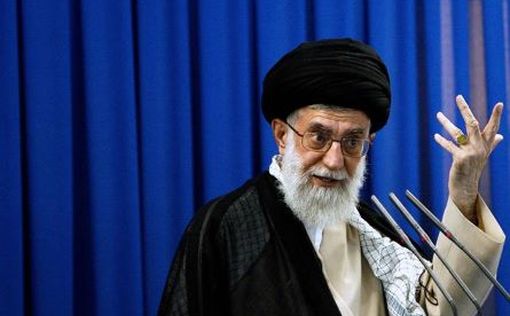The Trump administration has introduced a new immigration policy that will allow U.S. officials to deny or revoke student visas and other immigration benefits based on antisemitic activity, particularly online. The U.S. Citizenship and Immigration Services (USCIS) announced on Wednesday that foreign nationals who support or promote antisemitic terrorism on social media may now face serious consequences.
The directive comes as part of a broader move to strengthen national security and combat hate-based extremism. USCIS officials stated that agents may now evaluate an applicant’s online behavior to determine their eligibility for a student visa, green card, or other immigration benefits. Posts showing support for organizations such as Hamas, Hezbollah, or Palestinian Islamic Jihad — all designated as terrorist groups by the U.S. — could be grounds for rejection or deportation.
“This is about protecting American communities from those who promote hate and violence,” a USCIS spokesperson said. “Public expressions of support for antisemitic terrorism will not be tolerated, especially when it comes from individuals seeking to reside in the United States.”
While free speech protections still apply to U.S. citizens and lawful residents, immigration authorities are granted wider discretion when evaluating foreign nationals. Immigration attorneys expect legal challenges to the new rule, arguing that the line between political speech and incitement can be blurry.
The policy is already drawing criticism from civil liberties groups who worry it may be applied too broadly or target individuals unfairly. However, supporters argue that it is a necessary step to prevent the spread of extremist ideologies through student networks and online platforms.
As of now, USCIS is urging all visa applicants to be aware that their digital footprint — including tweets, Facebook posts, and TikTok videos — may be reviewed as part of their background checks.




